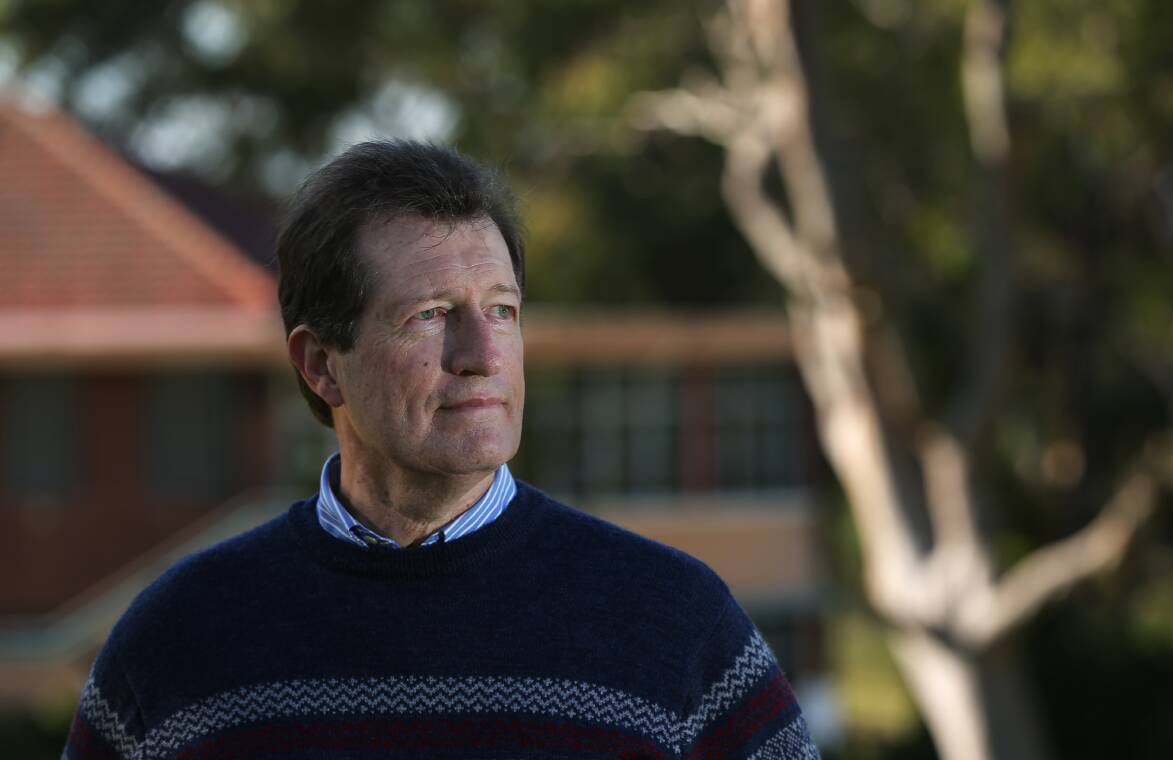
People in Hunter hospitals with COVID have risen to the highest number since January, signalling the emergence of a fifth Omicron wave.
Hunter New England Health physician Dr David Durrheim says 83 people are in the district's hospitals with COVID.
"The last time we've seen these case numbers in hospital was in January, during the previous COVID wave," Dr Durrheim said.
"It dropped way down between the waves, as low as 20 people."
Dr Durrheim added that the percentage of PCR tests positive for COVID in the district's labs had reached 13 per cent.
"That's high," he said.
PCR tests are now limited to referral from a GP, with most done in high-risk settings like hospitals and aged care.
"We clearly are in an upswing at the moment. It's the fifth Omicron wave," he said.
"There's a variety of these XBB Omicron subvariants that are competing with each other. There's three in particular that are really driving the wave in NSW."
Dr Durrheim said aged care was an area where "we feel the impact of COVID waves".
He said the Hunter New England health district was now "sitting with 20 active aged-care outbreaks".
"The last time we had 20 was in the first week of January."
He said the severity "seems to be similar to the other Omicron waves".
"People still die and we have 80 in hospital, but we do know the vaccines are providing good protection against severe disease.
"Probably the key message is if you haven't had a booster in the last six months, it's a jolly good idea because we're steaming into the next wave."
He added that people should be careful about going into aged-care homes when visiting relatives or friends.
"Even if they have mild respiratory illness, they should make sure they don't go in," he said.
"A good idea is to get boosted and take a RAT test before visiting. We don't want the most vulnerable folks exposed."
NSW Health is no longer reporting COVID-related deaths by health district in its weekly surveillance report.
Dr Durrheim said COVID deaths were currently reported through the NSW Registry of Births, Deaths and Marriages.
"People die normally three to four weeks after their infection."
A further delay occurs with the registry reporting the deaths.
"So you can't reliably look at those trends. That's why we rely on hospitalisations," he said.
He said health officials also know what's happening with infections in the community through flutracking data.
"It has shown a big upswing in flu-like illness. That's a combination of COVID, influenza and RSV [respiratory syncytial virus]," he said.
"RSV is taking off among the kids. We've seen an increase in bronchiolitis presentations in the hospital as well."
To see more stories and read today's paper download the Newcastle Herald news app here.







